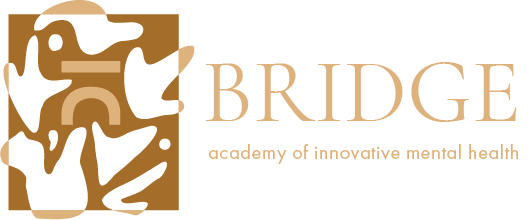Write your awesome label here.
The aim of this series is to start a conversation about what decolonizing and unsettling mental health entails with speakers from a variety of fields, perspectives, and global orientations.
Write your awesome label here.
We view decolonizing and unsettling mental health as a both personal and professional practice and process, not simply a theory or item to check off on your competency checklist. We hope this series of talks offers an opportunity to learn, challenge, and transform our current systems of oppression and its effects on bodies and minds.
Continuing Education
Write your awesome label here.
Dr. Rashaad Abdur-Rahman
Write your awesome label here.
Write your awesome label here.
Pinar Ateş Sinopoulos-Lloyd
Write your awesome label here.
Write your awesome label here.
Dr. Richard Q. Shin
Write your awesome label here.
Write your awesome label here.
Dr. China Mills
Write your awesome label here.
Write your awesome label here.
Dr. Elisa Lacerda-Vandenborn
Write your awesome label here.
Write your awesome label here.
Dr. Tone Rawlings
Write your awesome label here.
Learning Objectives
Choose Your Price
In order to be more accessible, this collection is offered through a Pay-What-You-Can model.
Please copy the code from the list below that denotes the price you would like to pay, then proceed to the purchase page where you can paste it into the discount code fields.
Please copy the code from the list below that denotes the price you would like to pay, then proceed to the purchase page where you can paste it into the discount code fields.
25DecoPWYC
50DecoPWYC
75DecoPWYC
100DecoPWYC
125DecoPWYC
150DecoPWYC
175DecoPWYC
200DecoPWYC
225DecoPWYC
250DecoPWYC
275DecoPWYC


